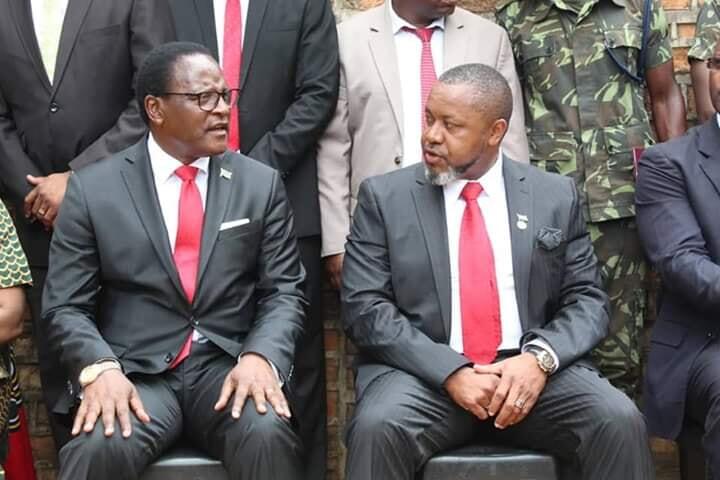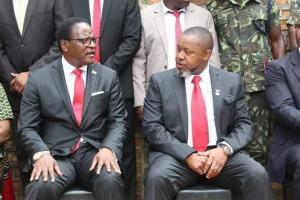
Weeks before the presentation of nomination papers, there were underground talks to forge an alliance for three parties in opposition, the Malawi Congress Party (MCP), the People’s Party (PP) and the United Transformation Movement (UTM). If this had been successful, by now pundits could have been writing obituaries of the ruling Democratic Progressive Party (DPP).
But, as it is, DPP is pretty much in the game, ready to try its luck again on 21 May.
And that should be cause for worry for MCP.
During elections, many analysts tend to look at things from a point of bias. They are quick to write off DPP mostly because they do not want it to win.
The reality is in the past two elections in which DPP competed, it has not done too badly in MCP strongholds. DPP’s candidate in 2009, Bingu wa Mutharika, almost killed the Malawi Congress Party when he won handily in the central region. In 2014, his brother, Peter, lost in the region, but he did not do so by huge margins.

In the southern region, on the other hand, MCP candidate Lazarus Chakwera lost to Peter by disastrous margins. If history will repeat itself, that will be trouble for MCP.
The terrain, of course, has shifted. DPP promised paradise but delivered hell. In every ministry, department or agency, there has been thieving of unimaginable proportions. People that surround Peter Mutharika, from his wife to his aides, have accumulated wealth in ways that have not been explained to the public. Some have even procured doctorates from briefcase universities and now forbid anyone from calling them “Mr.”
People in the village know all this, and might react by voting against DPP. Malawians who have suffered due to DPP’s thieving regime are all over the country, from the north to the south. Some of these, therefore, might go for Chakwera, though others will, no doubt, vote for UTM’s Saulos Chilima.
The game-changer will perhaps be the lower Shire, which might decide to back en masse son of the region, Sidik Mia, MCP’s running mate.
When it suits him, Mia, a Muslim, also plays the religious card, with which he hopes to eat into the voting block of the eastern region, which, at present, is loyal to the House of Muluzi and its party, the United Democratic Front (UDF).
UDF itself, tremendously weakened by an alliance it has had with DPP in the past five years, is making a half-hearted attempt to go solo in the elections, but only because its hopes to partner DPP were dashed by positioning for 2024 within DPP. And so because UDF is at its weakest, it is possible Mia might achieve what he is aiming for.
And that could push Chakwera across the finishing line.
Looking at the various simulations, it does seem to be MCP’s election to lose, all other things being equal.
Not that MCP is coming in with clean hands. The personality cult around the party’s president is there, despite claims that the party will demonstrate servant-leadership. The party’s role in the highly questionable Salima project is still in the minds of some independents. Chakwera’s dithering in the K4 billion saga – when he was for it in parliament then against it in the streets – is also something independents remember. But then, again, how many true independents are there? The majority will already have forgotten this. We have, after all, reached the stage of anybody-but-the-thieving-DPP.
So far MCP’s campaign strategy seems effective. There are brilliant campaigners like Richard Chimwendo and Harry Mkandawire who are quietly going about to win hearts and minds.
On national debates, especially in the just-ended Sustainable Development Goals (SDG) debates, MCP sent effective contributors who captured the limelight in a big way for their party. Edgar Chipalanjira, who handled human rights, and Juliana Lunguzi, who headlined health, in particular came well-prepared and contributed with great eloquence.
If MCP continues to be as impressive even in the vice-presidential and presidential debates, it shall demonstrate that it is intellectually prepared to take the mantle of leadership come May 21.
But that’s if debates matter.
Perhaps to the voter deep in the rural areas, they do not.
Which means we must forget all logic and let fate decide our future.















this elections will be very tough to predict and i hope the victor will win with little margin